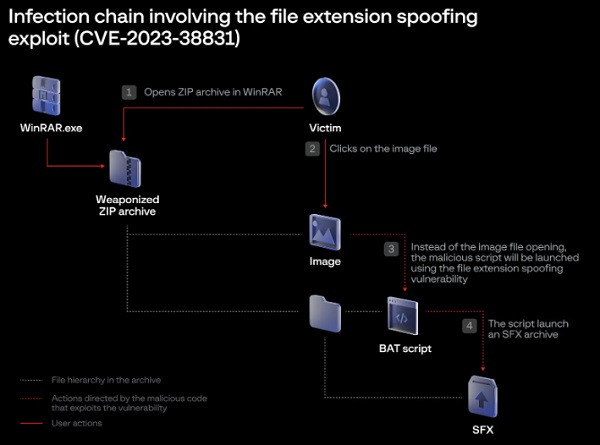India’s Healthcare System in need of a Robust Cybersecurity Infrastructure
With the introduction of technology and the digitization of medical information, India’s healthcare sector has undergone tremendous transition in recent years. This shift, however, has introduced new concerns particularly in terms of cybersecurity.
Because of the large amount of sensitive information it contains, the healthcare business is an appealing target for cybercriminals. This data includes patient records, medical history, and financial information, making it an attractive target for hackers hunting for flaws.
The need for a strong cybersecurity infrastructure in India’s healthcare industry has never been greater. According to a recent analysis by cybersecurity firm FireEye, India is the second most targeted country in Asia Pacific for healthcare cyberattacks after Japan. According to reports, India is responsible for 5% of all healthcare-related cyberattacks in the area.
Experts have urged for a holistic strategy for cybersecurity in the healthcare sector, including personnel training, technology investments, and the use of best practises. They propose that cybersecurity should be integrated into overall healthcare strategy and a top priority for all industry organisations.

The utilisation of legacy systems that were not developed with cybersecurity in mind is one of the issues in the healthcare industry. These systems are frequently out of date and lack the security measures required to protect against modern cyber threats. Experts advise organisations to prioritise system updates and investments in contemporary, secure technologies that help protect against cyber threats.
Another major source of concern is healthcare practitioners’ lack of cybersecurity understanding. Many healthcare providers lack proper cybersecurity training, which can lead to human error, which is one of the leading causes of data breaches. Experts recommend that businesses invest in cybersecurity training for their employees to ensure that they understand the risks and how to mitigate them.
See more: Foreign Diplomatic Entities targeted by Russia Linked Hackers
Organisations should execute cybersecurity best practises in addition to training their employees. This involves frequently updating software and systems, employing strong passwords and two-factor authentication, and backing up data on a regular basis. These best practises can assist to reduce the risk of cyberattacks and equip organisations to respond to any crises.
Finally, experts advise healthcare organisations to take a risk-based approach to cybersecurity. This entails identifying and prioritising the most vital assets and systems, as well as investing in cybersecurity solutions to secure them. Organisations may maximise their cybersecurity efforts by using a risk-based strategy.
See more: Vm2 JavaScript Library Flaw Can Lead to Remote Code Execution
The healthcare business in India is facing substantial cybersecurity issues, and a strong cybersecurity infrastructure is required to protect against cyber assaults. Organisations may reduce the risk of cyber attacks and keep patient data secure by investing in technology, training personnel, and applying best practises. A holistic approach to cybersecurity is required for the healthcare business to evolve and deliver high-quality care to patients.
Author: Priyanka Priyadarshini Behera
We hope you found article interesting. For more exclusive content follow us on Facebook, Twitter and LinkedIn






